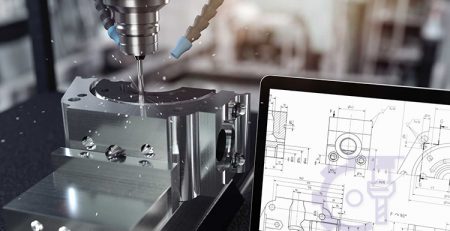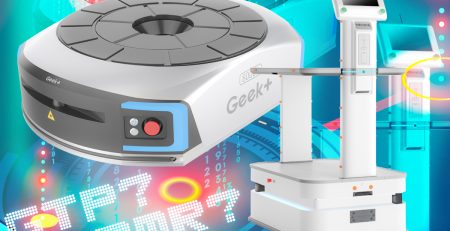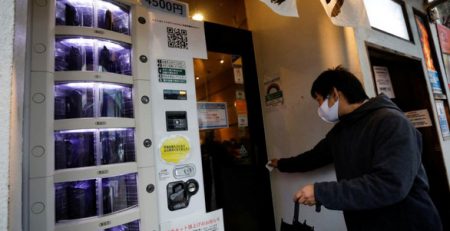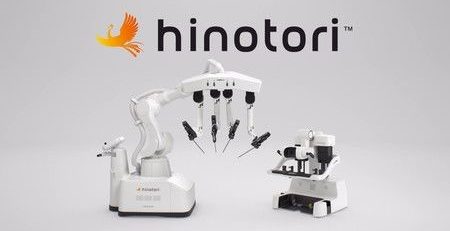Akira Yoshino – Journey to the Nobel Prize in Chemistry 2019
Mr. Akira Yoshino is an engineer, graduated from Kyoto University in 1970 and got a master’s degree in 1972. He was later recruited into Asahi Kasei Company as a chemical engineer.

Mr. Akira Yoshino who won the Nobel Prize in Chemistry 2019
He has been attached to lithium batteries all his life since then. Later, when he was over 50 years old, he studied for a doctorate in chemistry at Osaka University. He is a person with great merit to successfully manufacture lithium batteries, also known as rechargeable batteries.
What is a lithium battery?
Batteries are known to be a type of device used to store used energy. Electrical devices instead of using electricity will use batteries to help the devices work as intended. However, for batteries that will have a certain shelf life, some batteries will need to be recharged when they run out of energy, others need to be replaced.

Lithium batteries are the most commonly used rechargeable batteries today
Lithium battery, also known as Lithium Li-ion battery or Li-ion battery, is a type of rechargeable battery. During use, lithium ions will move from the negative electrode to the positive electrode. When the battery runs out of energy and recharges these ions will move back from the positive electrode to the negative electrode. Thus, Lithium batteries use Lithium compounds as electrode materials.
Thanks to this battery, the world has changed a lot. We have electric bicycles, electric motorbikes, electric cars to ride, we have computers to use in conditions without electricity. Even on airplanes, we have large-sized lothium batteries so that all our customers can watch TV, watch movies and other activities on them.

Lithium batteries are applied to familiar devices such as phones, laptops, cars, …
With such great contributions, he and two technical scientists shared the Nobel Prize in chemistry in 2019. The total amount for a Nobel Prize is 999,999 usd. So each of you will share 333,333 usd.
In addition, we often think that the Nobel Prize is only awarded to professors of erudite scientists, but the reality proves that is not so. And Mr. Yoshino is a prime example. He just did the same job that we mechanical engineers do every day. He devoted his life to inventing a battery. He did not have any papers, nor any significant scientific work published except for a patent in the US for the successful manufacture of this battery. This shows that science is not something sublime, it goes from small things contributing to big things. It doesn’t require you to be a professor or anything to do it. Passion for the job and passion are very important.
I hope that through this story, young mechanical engineers will try harder, maybe one day because you will achieve brilliant achievements, contributing to changing the current traditional technology.
Reference sources: wikipedia, Dancokhi.net















